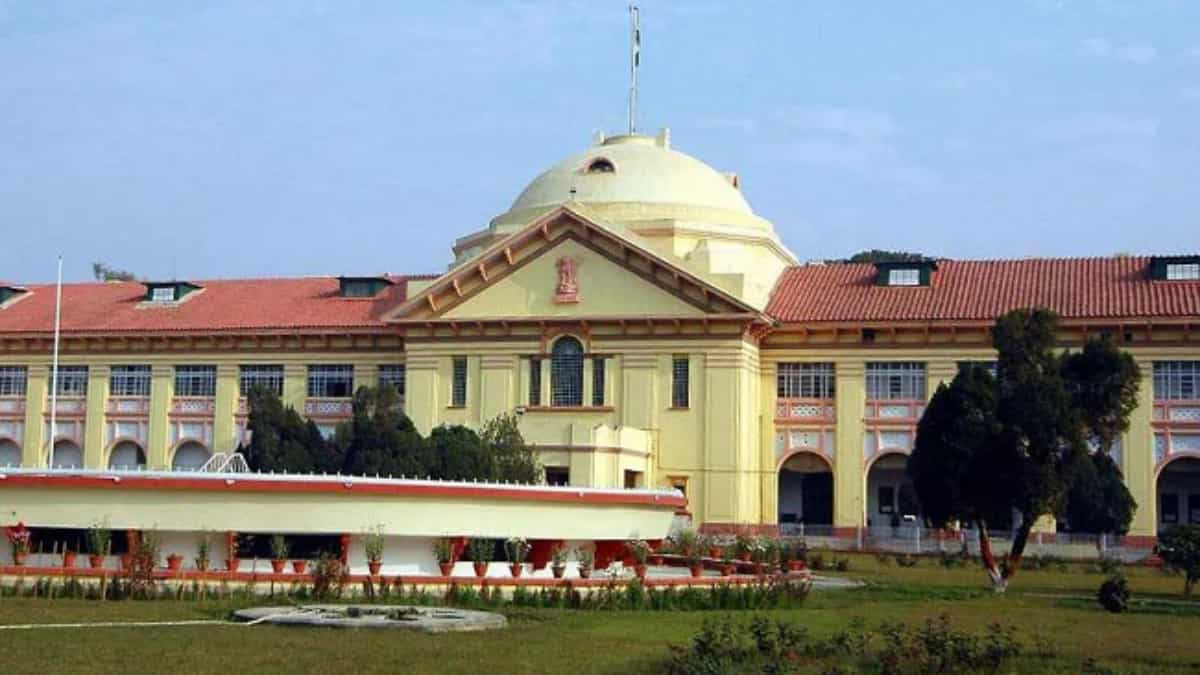Overview
A recent court ruling in Patna, India, addressed the use of language in matrimonial relations and its implications for cases of cruelty.
Background
The case involved a petition filed by a father-son duo challenging an order passed by courts in Bihar’s Nalanda district. The complaint was filed by the son’s divorced wife, alleging physical and material torture, and demanding dowry.
Key Points
- The divorced woman’s advocate highlighted the use of derogatory terms like ‘bhoot’ and ‘pishach’ by the in-laws, labeling it as a form of cruelty.
- The Patna High Court, however, did not consider the use of “filthy language” between the couple as grounds for cruelty.
- Both the husband and wife were found to have exchanged abusive language, but it did not constitute cruelty in the court’s view.
- The lower court’s judgments were overturned, citing lack of specific allegations against the petitioners.
Conclusion
The court’s decision sheds light on the complexities of defining cruelty in failed matrimonial relations and sets a precedent for future cases involving verbal abuse.
















































